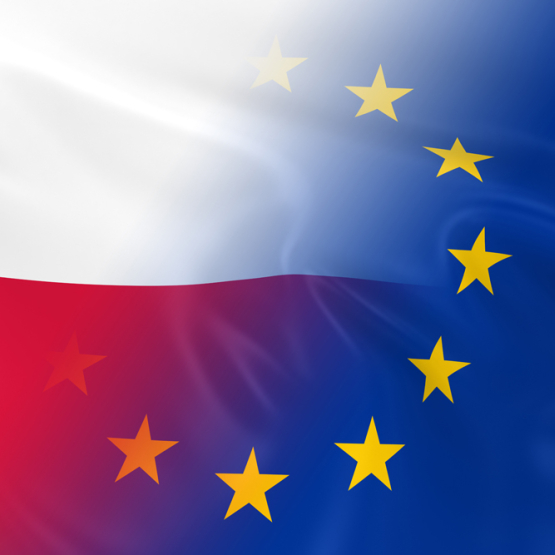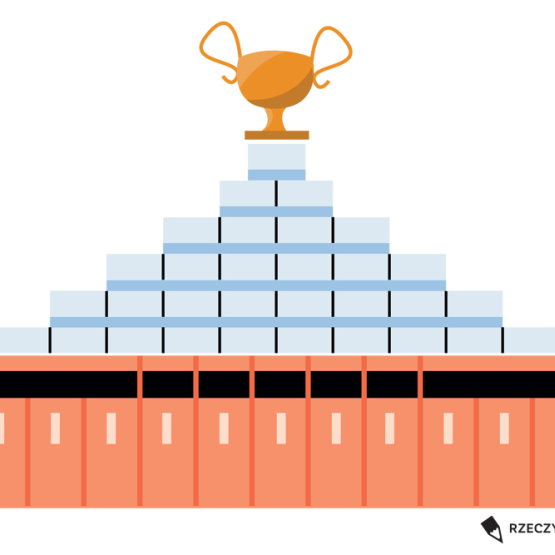Prof. Małgorzata Iwanicz-Drozdowska on Sberbank and the effects of sanctions imposed in response to Russia’s aggression against Ukraine

Following Russia’s aggression against Ukraine, sanctions were imposed on the Russian financial sector, which also affected the banking sector. Apart from the plunge in the share price of Russia’s Sberbank (and other companies, as well as the Russian ruble), an announced hacker attack, and likely massive deposit outflows, we have no more detailed, reliable information. However, there is information regarding Sberbank Europe, a subsidiary of Russia’s Sberbank, which reported liquidity problems caused by significant deposit outflows. This can be seen as a result of the geopolitical events and loss of reputation.
Sberbank Europe AG – situation as of 28 February 2022 (Below is an update on the events of 2 March).
Sberbank, Russia’s largest bank, entered the Central European market in 2011 by buying back from its owners a stake in Austria’s Volksbank, which was experiencing serious financial problems as a result of an overly expansive business policy. The majority shareholder of Russia’s Sberbank is the state. Following the completion of the sale process, Sberbank Europe began operating in Austria. This is how the Russian capital became the owner of banks, subsidiaries in the Czech Republic, Slovakia (sold in 2016), Hungary, selected Balkan countries (Croatia, Serbia, Slovenia, Bosnia and Herzegovina) and Ukraine (sold in 2017). As of the end of 2020, except for Sberbank Europe and the companies in Hungary and Croatia, the operations of the others were profitable and the banks showed the required capital ratios.
Following Russia’s aggression against Ukraine, sanctions were imposed on the Russian financial sector, affecting the parent company the most, but also taking their toll on Sberbank Europe, which reported liquidity problems due to significant deposit outflows. This can be seen as a result of the geopolitical events and loss of reputation. The European Central Bank as the authority responsible for banking supervision within the Banking Union (which compulsorily obligatory includes the Eurozone and countries that have joined voluntarily, i.e., Croatia and Bulgaria), announced in a press release on 28 February that Austria-based Sberbank Europe, as well as its subsidiaries in Croatia and Slovenia, will not be able to meet their obligations in the near future. There are also no real opportunities to improve Sberbank Europe’s liquidity position. Thus, the bank was assessed as “failing or likely to fail,” which is tantamount to taking the actions prescribed in the financial safety net arsenal.
The European Central Bank (ECB) announcement was followed by a statement from the (Single Resolution Board) (“SRB”) stating a moratorium on disbursements until 1 March of this year (by the end of the day) at the banks listed above. In addition, the SRB will make further decisions regarding Sberbank Europe and its companies. If the SRB’s assessment indicates the existence of public interest, then the bank will undergo a forced resolution procedure. Otherwise, the bank faces insolvency and depositors will recover the funds deposited with the banks from the deposit guarantee schemes in the respective countries (i.e., Austria, Croatia, Slovenia) up to EUR 100,000.
It is worth adding that in the case of resolution, the principle applies that the creditor’s situation is not worse than in the case of the “classic” bankruptcy procedure (NCWO – no creditor worse off). If a resolution decision is made, this would be the first cross-border case. To date, these efforts have been limited to the national level.
What about Sberbank Europe subsidiaries in countries outside the banking union? Due to the liquidity crisis of Sberbank CZ a.s., the Czech National Bank has taken action aiming at revoking the bank’s license. Similar tools can be used as indicated for the ECB and the SRB. In Hungary, the Hungarian company Sberbank was ordered to have a (bank holiday), and in the case of Serbia, there was only a reassuring announcement that Sberbank Serbia has high liquidity. In both cases, the situation is being monitored. The further fate of these subsidiaries depends on final decisions regarding Sberbank Europe.
The situation looks different in Bosnia and Herzegovina, where two subsidiaries of Sberbank Europe operated – one based in Sarajevo and the other in Banja Luka. These two banks started to be controlled by a government agency responsible for banking supervision in order to ensure the stability of the national banking system. It is apparent that the actions varied from country to country, which can be attributed to, among other things, depositors’ reactions to the unfolding events.
Sberbank Europe AG (update on the events of 2 March)
Vienna-based Sberbank Europe AG is in bankruptcy, while the fates of its subsidiaries in Central Europe vary.
On the evening of 1 March 2022 (i.e., before the end of the moratorium announced on Monday), an announcement was made by the (Single Resolution Board) regarding subsequent decisions. The resolution mechanism was applied to Sberbank Europe’s subsidiaries included in the banking union, i.e., Croatian Sberbank was acquired by Hrvatska Poštanska Banka and Slovenian Sberbank was acquired by Nova Ljubljanska Banka. In both cases, the acquiring banks are counted among the key institutions in the country. These decisions were aimed at maintaining stability in the banking markets of these two countries. In the case of Sberbank Europe, no public interest was identified and the entity was subjected to a “classic” insolvency procedure, based on national legislation, providing protection to depositors in accordance with the applicable law (up to 100 000 EUR).
The Serbian subsidiary was taken over in the course of the forced resolution procedure by AIK Bank. It is worth adding that last year, Sberbank Europe conducted activities to divest a significant part of its subsidiaries, and AIK Bank was among the interested entities.
According to the Bloomberga agency, the Czech and Hungarian subsidiaries will wind down their operations, and the empowered safety-net institutions will guarantee the payout of covered deposits.
Prof. dr hab. Małgorzata Iwanicz-Drozdowska
Head of the Financial System Department
SGH Collegium of Management and Finance



